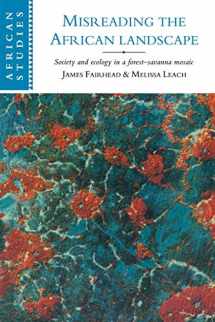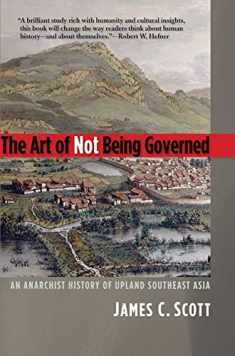
Misreading the African Landscape: Society and Ecology in a Forest-Savanna Mosaic (African Studies, Series Number 90)
Book details
Summary
Description
Islands of dense forest in the savanna of 'forest' Guinea have long been regarded both by scientists and policy-makers as the last relics of a once more extensive forest cover, degraded and degrading fast due to its inhabitants' land use. In this 1996 text, James Fairhead and Melissa Leach question these entrenched assumptions. They show, on the contrary, how people have created forest islands around their villages, and how they have turned fallow vegetation more woody, so that population growth has implied more forest, not less. They also consider the origins, persistence, and consequences of a century of erroneous policy. Interweaving historical, social anthropological and ecological data, this fascinating study advances a novel theoretical framework for ecological anthropology, encouraging a radical re-examination of some central tenets in each of these disciplines.


We would LOVE it if you could help us and other readers by reviewing the book
Book review




